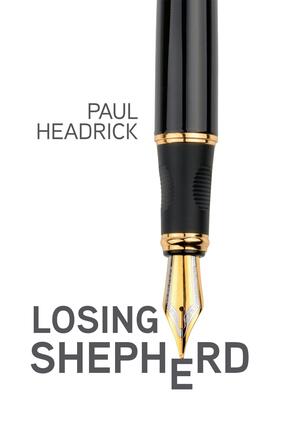
Losing Shepherd
La description
Canadian literary star Gordon Bridge is delighted with his celebrity, his famiy, and his bond with fellow writer Taylor Shepherd, whom he has been friends with since they were teenagers. Bridge publishes a highly critical review of Shepherd's much-lauded new novel, showing off how his commitment to writing trumps social conventions. After his friend confronts him, however, he realizes that his pan is a catastrophe of self-deception: he has attacked a masterpiece. The review destroys the friendship, and Bridge's world starts to crumble.
Afflicted by guilt, Bridge stops writing. He struggles to overcome his paralysis and recover his creativity, but suffers an intensifying series of punitive side effects. He develops a chronic and crippling stiff neck, his marriage collapses, his parents suffer a horrible accident, and an act of terror threatens his safety. Desperate, Bridge begins a memoir, an urgent attempt to come to terms with his past, including his friendship with Shepherd, but also his relationship with his ambitious mother and his troubled love for his two sons. The reader learns that the novel is this memoir.